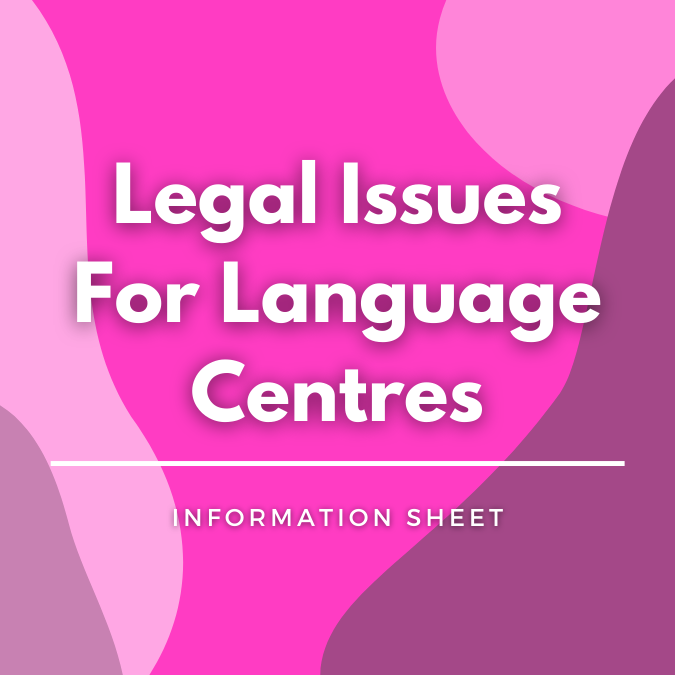Jackie Moore: Someone wants to use my story! Now what?


Jackie Moore, an emerging writer from Queensland contacted Arts Law for advice on how she can protect her copyright in her writing. Jackie had written a short film script and published it on an online database. A film producer from Jordan had found the script and contacted Jackie asking for permission to use the story to produce a short animated film.
Jackie was concerned about how her rights would be protected here and overseas. She also wanted to know if she could stop her story being used in an ‘unsavoury’ way.
Help from Arts Law
Arts Law only advises on Australian law, so we gave general advice on copyright protections under Australian law. As Jackie’s story was an original literary work, her copyright in that work arose automatically. This means that anyone who wished to use or adapt her story for a film would need her permission. If Jackie wanted to let someone adapt her story, we advised that she should enter into an Option and Purchase agreement with the producer. This would allow the producer to adapt the story as necessary to produce the film but would protect Jackie’s copyright. A formal agreement like this would be much better protection than simply writing an email.
It was important to note that the website to which she uploaded the story explicitly stated that the publisher would make no claim for copyright. Sometimes the terms and conditions of submitting your work to an online source may require a transfer of rights or interests – it’s always important to read these carefully and seek advice if you’re unsure what they mean!
Arts Law also advised Jackie that she had moral rights in the story. If someone failed to attribute, or falsely attributed her work, or dealt with the work in a way that compromised its integrity, this could amount to an infringement of moral rights. If Jackie was concerned about how her work was being used by a producer, for example, in an ‘unsavoury’ way, she seek further advice from us about writing a letter of demand to protect her moral rights.
Protecting Your Rights
Armed with this knowledge, Jackie decided not to progress with the request to adapt her story for a film. Based on the advice she was given, and knowing that the producer wanted to make the film for a hobby, she thought that he probably wouldn’t want to enter into a formal contract. Therefore, she wasn’t willing to give permission without a formal agreement for protection.
Jackie found Arts Law’s advice “extremely helpful”. She told us that in the future, she “won’t even give permission to someone to use her work without a watertight contract to protect her rights.”
Arts Law also gave Jackie some general tips on how she could protect her copyright:
- include a copyright notice with her name, email address (to make it easy for interested producers to seek her permission!) and the year of production to each page of the story;
- add a copyright water mark to the document before uploading it online;
- investigate technical solutions if putting the work online, such as disabling right-clicking or downloads;
- when supplying your work to someone, make it clear to them that you are the copyright owner and have moral rights;
if you think that someone has infringed your copyright, seek further advice from Arts Law.
Further resources you might find useful:
- Arts Law information sheets: Moral rights and copyright
- Arts Law Case Study “Joe Betros: I want to write a screenplay based on a short story — will I infringe copyright?”
- Arts Law Copyright Infringement – Letter of Demand template
- The Copyright Agency
- Australian Copyright Council: Copyright protection in other countries.




